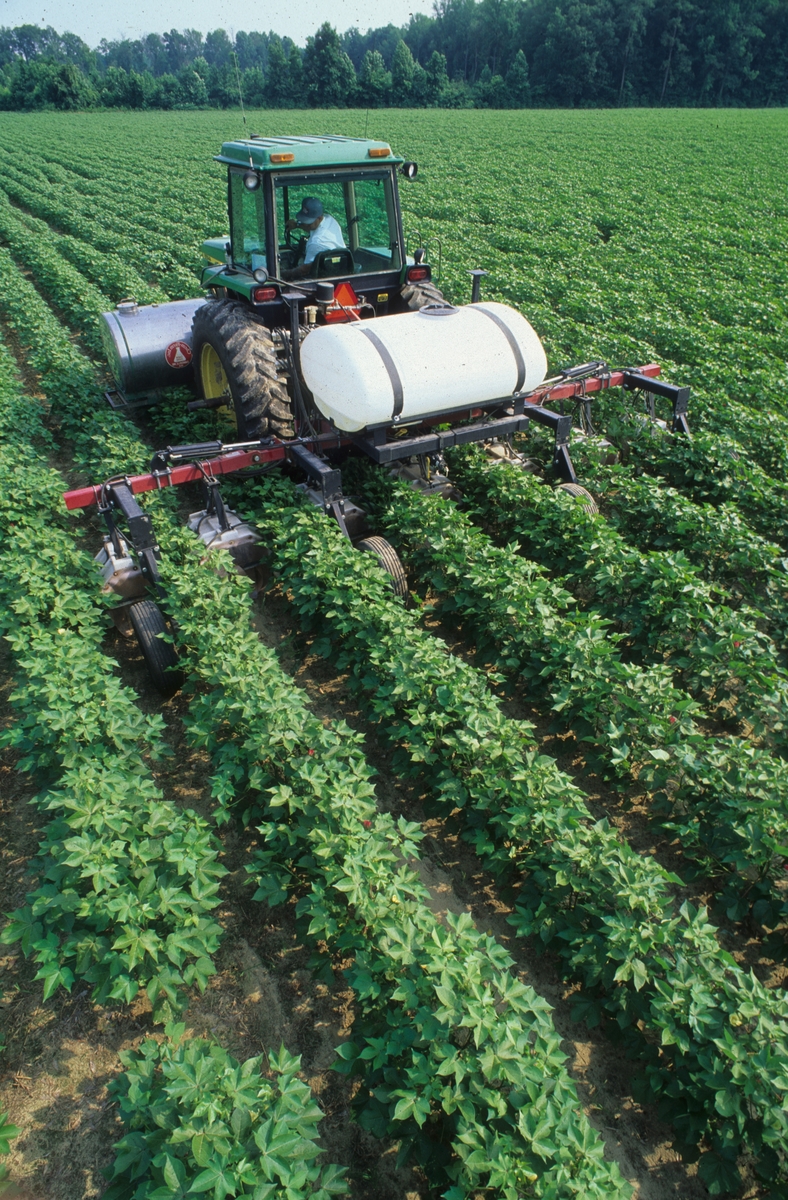Agricultural Pesticide Exposure and Chronic Kidney Disease: New Findings and More Questions


Researchers at NC State, NIEHS, and UNC Chapel Hill recently published the first article to link agricultural pesticide use to end stage renal disease. UNC doctoral student Jill Lebov worked with Dr. Jane Hoppin at NC State and researchers at NIEHS and UNC Chapel Hill to assess personal use of 39 different pesticides by over 55,000 farmers in the Agricultural Health Study (aghealth.nih.gov), a prospective study of farmers in North Carolina and Iowa. End stage renal disease is the last stage of kidney disease, where patients require either dialysis or kidney transplant. Very little is known about the environmental causes of kidney disease and as noted in the accompanying editorial by Geoffery Calvert of NIOSH
“This paper … provides a substantial contribution to our understanding of the role of pesticides in end stage renal disease risk.” While any pesticide use was not associated with end stage renal disease risk, six of the 39 pesticides evaluated were associated. Most of these are herbicides used primarily in agricultural settings, while one, the insecticide permethrin, has extensive residential use as well. Future work will focus on the potential biological mechanisms for these findings.
Pesticide use and risk of end-stage renal disease among licensed pesticide applicators in the Agricultural Health Study
Agricultural pesticide exposure and chronic kidney disease: new findings and more questions
- Categories: